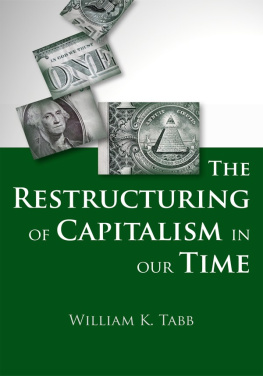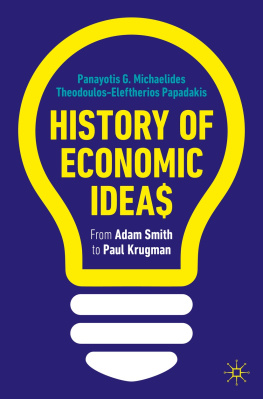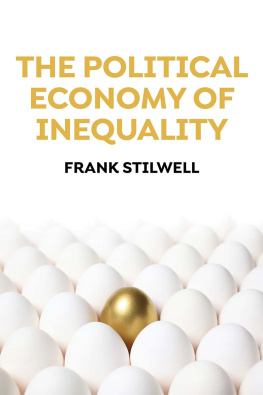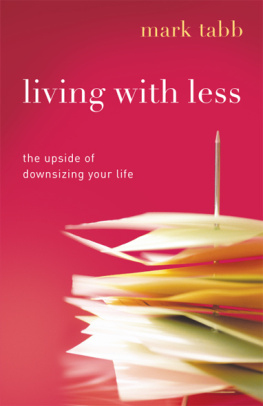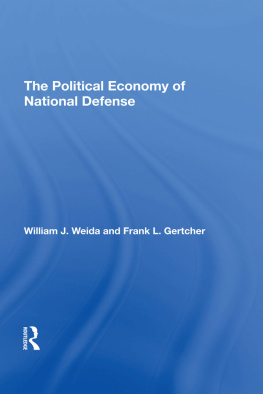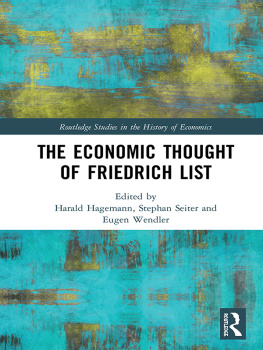Cover
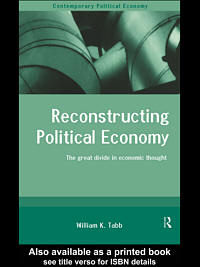
| title | : | Reconstructing Political Economy : The Great Divide in Economic Thought Contemporary Political Economy Series |
| author | : | Tabb, William K. |
| publisher | : | Taylor & Francis Routledge |
| isbn10 | asin | : |
| print isbn13 | : | 9780203049310 |
| ebook isbn13 | : | 9780203049310 |
| language | : | English |
| subject | Economics, Economics--History. |
| publication date | : | 1999 |
| lcc | : | HB171.5.T13 1999eb |
| ddc | : | 330 |
| subject | : | Economics, Economics--History. |
Page i
Reconstructing Political Economy
Reconstructing Political Economy offers an original perspective on the questions the great economists have asked and looks at their significance for todays world. Written in a provocative and accessible style, it examines how the diverse traditions of political economy have conceptualized economic issues, events and theory. Going beyond the orthodoxies of mainstream economics, it shows the relevance of political economy to debates on the economic meaning today.
This book is a timely and thought provoking contribution to a political economy for our time. In this light, it offers fresh insights into such issues as modern theories of growth, the historic relations between state and market, and the significance of globalization for modern societies. Reconstructing Political Economy will be of great interest to economists, political scientists, and historians of economic thought.
William K.Tabb is Professor of Economics and Political Science at Queens College and the Graduate Center of the City University of New York. He is the author of The Japanese System: Cultural Economy and Economic Transformation, The Political Economy of the Black Ghetto; and co-editor of Instability and Change in the World Economy.
Contemporary Political Economy series
Edited by Jonathan Michie, Birkbeck College, University of London
Page ii
This page intentionally left blank.
Page iii
Reconstructing Political Economy
The great divide in economic thought
William K.Tabb

London and New York
Page iv
First published 1999
by Routledge
11 New Fetter Lane, London EC4P 4EE
Simultaneously published in the USA and Canada
by Routledge
29 West 35th Street, New York, NY 10001
Routledge is an imprint of the Taylor & Francis Group
This edition published in the Taylor & Francis e-Library, 2002.
1999 William K.Tabb
All rights reserved. No part of this book may be reprinted or reproduced or utilised in any form or by any electronic, mechanical, or other means, now known or hereafter invented, including photocopying and recording, or in any information storage or retrieval system, without permission in writing from the publishers.
British Library Cataloguing in Publication Data
A catalogue record for this book is available from the British Library
Library of Congress Cataloguing in Publication Data
Tabb, William K.
Reconstructing political economy: the great divide in economic
thought/William K.Tabb.
p. cm. (Contemporary political economy series)
Includes bibliographical references and index.
ISBN 0-415-20762-2 (hardbound: alk. paper).
ISBN 0-415-20763-0 (pbk.: alk. paper)
1. Economics. 2. EconomicsHistory. I. Title. II. Series.
HB171.5.T13 1999
330dc21 9847961
CIP
ISBN 0-203-04931-4 Master e-book ISBN
ISBN 0-203-25480-5 (OEB Format)
ISBN 0-415-20762-2 (hbk)
ISBN 0-415-20763-0 (pbk)
Page v
The Econ tribe occupies a vast territory within the far North. Their land appears bleak and dismal to the outsider, and travelling through it makes rough sledding; but the Econ, through a long period of adoption, have learned to wrest a living of sorts from it. They are not without some genuine and sometimes even fierce attachment to their ancestral ground, and their young are brought up to feel contempt for the softer living in the warm lands of their neighbours, such as the Polscis and the Sociogs. Despite a common genetical heritage, relations with these tribes are strained the distrust and contempt that the average Econ feels for these neighbours being heartily reciprocated by the latterand social intercourse with them is inhibited by numerous taboos. The extreme clannishness, not to say xenophobia, of the Econ makes life among them difficult and perhaps even dangerous for the outsider. This probably accounts for the fact that the Econ have so far not been systematically studied.
(Leijonhufvud 1973:347)
Page vi
This page intentionally left blank.
Page vii
Contents
| The two cultures in economics | |
| Of dialogic debates and the uncertain embrace | |
| Contestation and canonicity: the Adam Smith problem | |
| The legacies of classical political economy | |
| Marx and the long run | |
| The neoclassical (counter) revolution | |
| Heterodoxy and holism | |
| Keynes and the world turned upside down | |
| The last half-century in the mainstream | |
| Theorizing economic growth | |
| From equilibrium into history | |
Notes | |
References | |
Index | |
Page viii
This page intentionally left blank.
Page 1
The two cultures in economics
[A]nalytic effort is of necessity preceded by a preanalytic cognitive act that supplies the raw material for the analytic effort [T]his preanalytic cognitive act will be called Vision. It is interesting to note that vision of this kind not only must precede historically the emergence of analytic effort in any field but also must re-enter the history of every established science each time somebody teaches us to see things in a light of which the source is not to be found in the facts, methods, and results of the preexisting state of the science. (Schumpeter 1954:41) |
Arjo Klamer (1990) has a way of describing what is peculiar about modern economics. He draws a square to stand for the rigid axiomatic method that dominates most journals in the field. The square, he points out, is the ideal shape of modernist architecture and painting, of Mondrian and Mies van der Rohe. Squares are about facts and logic. Show me the theorem. Then he draws a circle some distance from the square. Circles are about metaphor and story. Circle reasoning is the other half. Tell me your story. Since the seventeenth century, and especially during the mid-twentieth century the square and the circle have stood in nonoverlapping spheres, sneering at each other. |
Next page

